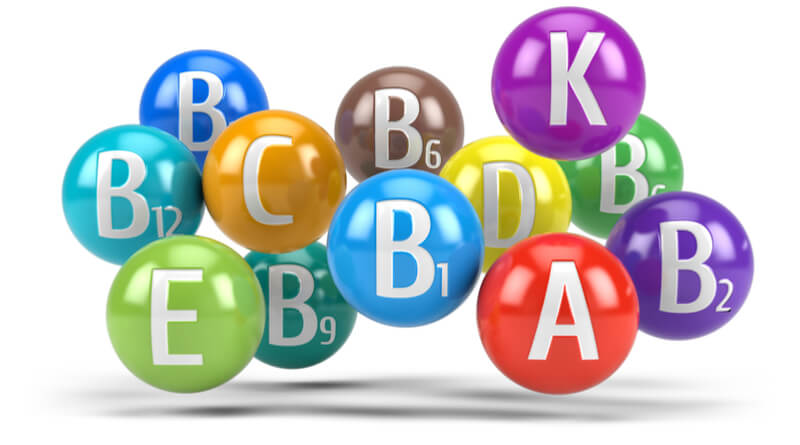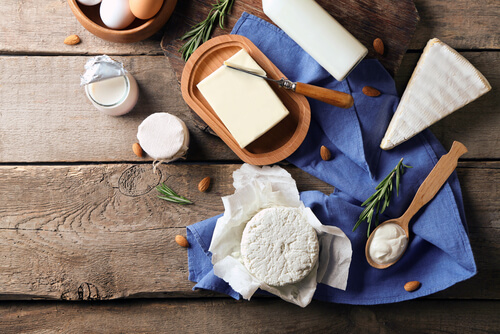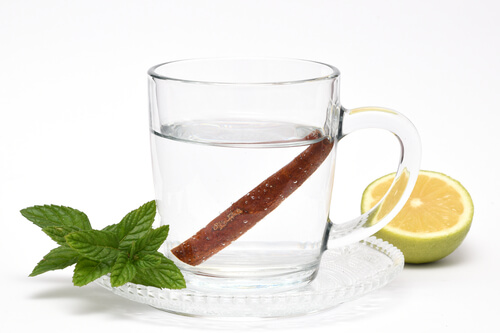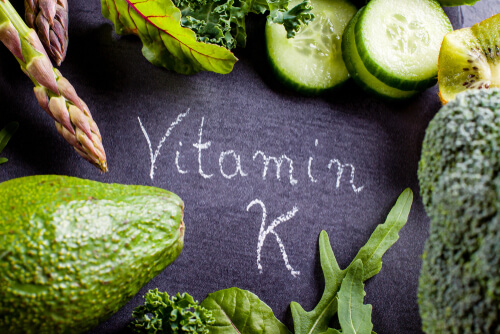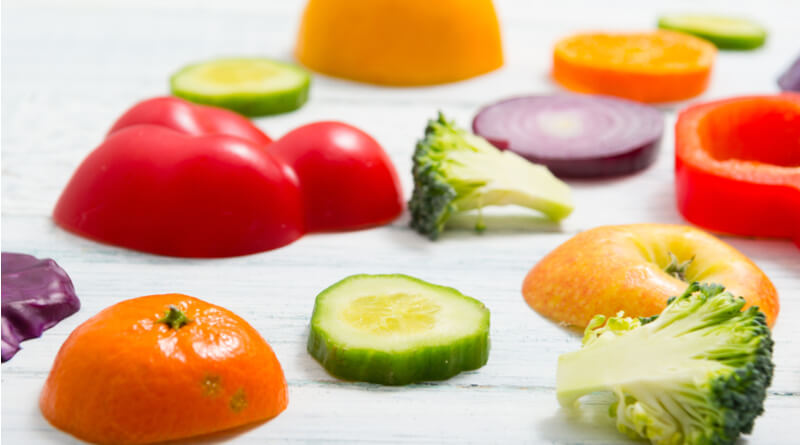It is never a bad idea to take a multivitamin. Your body needs essential vitamins and minerals to function properly. All of your organs and your bodily systems are dependent on having the right vitamins and minerals. It is not always the easiest thing to guarantee that your diet is providing you with the right vitamins and minerals, hence the need to sometimes take a multivitamin. That being said though, it is important to make sure that you do not entirely depend on a multivitamin to make sure you’re getting the right nutrients. Your vitamin intake and your diet should be working in tandem with each other. There are 13 essential vitamins your body needs to function properly: vitamin A, vitamin C, vitamin D, vitamin E, vitamin K, and B complex vitamins (thiamine, riboflavin, niacin, pantothenic acid, biotin, vitamin B-6, vitamin B-12, and folate). Below are some foods that you can include in your diet to make sure you’re getting some of all these vitamins.
Vitamin Rich Foods to Supplement Your Multivitamin
Quinoa
Quinoa is a superfood that comes complete with a slew of vitamins and minerals, especially folate. It is also a complete protein, meaning it helps our bodies manage their daily functions including repairing tissue. Quinoa can be a replacement for rice, or be cooked as upma and served warm from a casserole.
Kale
Kale – the leafy green veggie we love to hate – is extremely vitamin dense. Most notably, it has vitamin K which can be hard to come by. It also has an excess of vitamin A and vitamin C, way more than your RDI.
Sweet Potato
Sweet potato is not only delicious and fun to eat (sweet potato fries!), but they are nutrient powerhouses. They have beta-carotene which helps your body produce vitamin A. They also contain lots of vitamin C, vitamin D, and vitamin B6.


